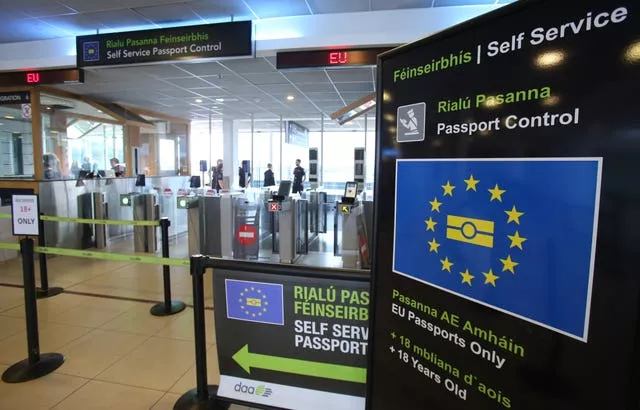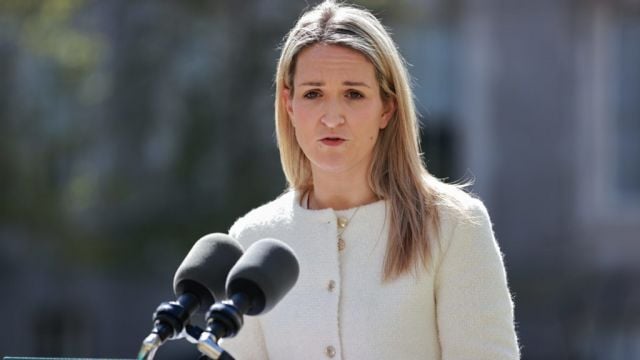Human rights groups have criticised the decision to add countries such as Egypt and Malawi to Ireland’s list of “safe” countries for asylum applications as concerning and “reckless”.
The Government made five additions to its list of safe countries on Tuesday: Brazil, Egypt, India, Malawi and Morocco.
Countries added to this list are viewed by the Government as places where “there is generally and consistently no persecution”, no torture, and no armed conflicts.
The proposal by Minister for Justice Helen McEntee was approved at Cabinet on Tuesday, meaning protection applications from these countries are to be accelerated from Wednesday following an “extensive review” by the department.

Amnesty Ireland said it was “appalled” at the decision by Ms McEntee to add Egypt, an act it called “deeply reckless”.
“This categorisation is particularly shocking, given the protracted human rights and impunity crisis in Egypt, where thousands are arbitrarily detained, and where Amnesty International has consistently documented the use of torture and other ill-treatment and enforced disappearances.”
Amnesty is opposed to the “safe countries” list, arguing that it is discriminatory.
It said that if Irish authorities consider countries such as Egypt safe, it will place those applying for asylum at “higher risk of being returned to persecution (and) torture” and other violations.
“No country is safe for everyone. But, putting Egypt with its abysmal human rights record on such a list is deeply reckless. Under Irish and EU law, the Minister for Justice may do so only if there is generally no persecution, torture, or inhuman or degrading treatment in that state. That absolutely cannot be said of Egypt.”
Egypt Researcher at Amnesty International, Mahmoud Shalaby, said that since 2013 the Egyptian authorities have been “severely repressing” the rights to freedom of expression, association and peaceful assembly.
“Dissidents in the country remain at risk of persecution solely for expressing critical views,” he said.
“Thousands of people including human rights defenders, journalists, protesters, and opposition politicians remain arbitrarily detained solely for exercising their human rights or after grossly unfair trials or without legal basis.”
Chief executive of the Irish Refugee Council, Nick Henderson, said they were very concerned at the designation of Morocco, Malawi and Egypt as “safe”.
“Frankly, when you look at some of the human rights information from countries such as Egypt, I’m quite staggered and flabbergasted how they could be designated as safe,” he told RTE’s News at One.
“In Malawi, there are frequent examples of abuse of LGBT people, same-sex relations in Malawi remain a crime.”
He said the bar to designate a country as safe was high, and accused the Government of not applying its tests to assess countries’ safety correctly.
The other 10 countries that are designated as safe countries of origin are: Albania, Algeria, Bosnia and Herzegovina, Botswana, Georgia, Kosovo, North Macedonia, Montenegro, Serbia and South Africa.
The introduction of accelerated processing in November 2022 has had a significant impact on the number of applications from those countries, which have dropped by more than 50 per cent in that time.
Since Botswana and Algeria were added to the list by the minister earlier this year, applications from those countries fell by 71% and applications have fallen by 47 per cent from Nigerian applicants since the country with the most applicants was accelerated.
The designation of a state as a safe country of origin does not mean that a claim is inadmissible or that a person forfeits the right to make an application, however, it places the onus on the applicant to demonstrate why, and by way of exception, they are in need of protection.
Human rights organisations said it gives applicants less time to get legal advice before being interviewed, and means they cannot appeal the decision in person.
Ms McEntee intends to continue to review what additional countries can be designated safe, or if further categories can be accelerated.







